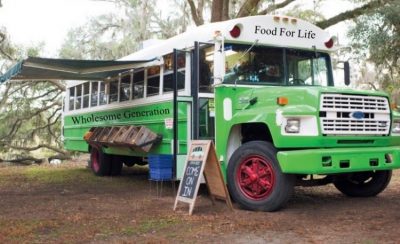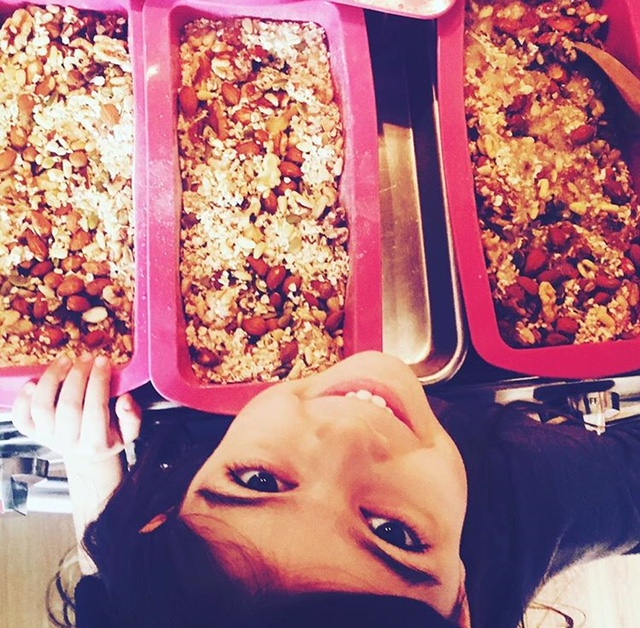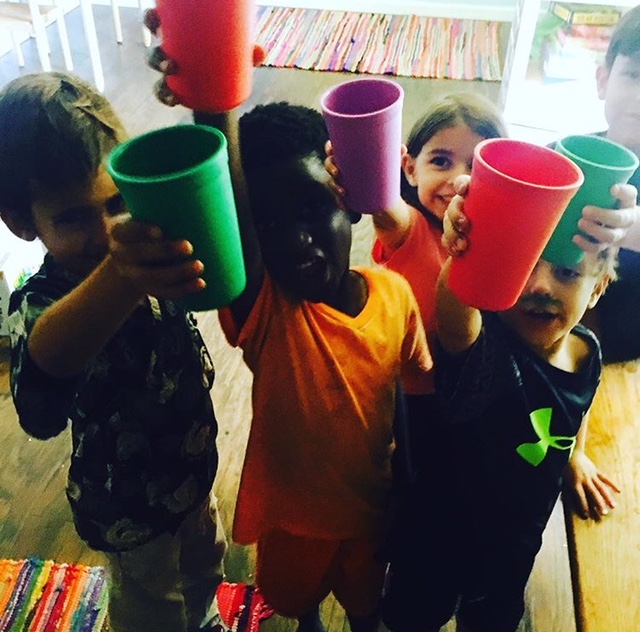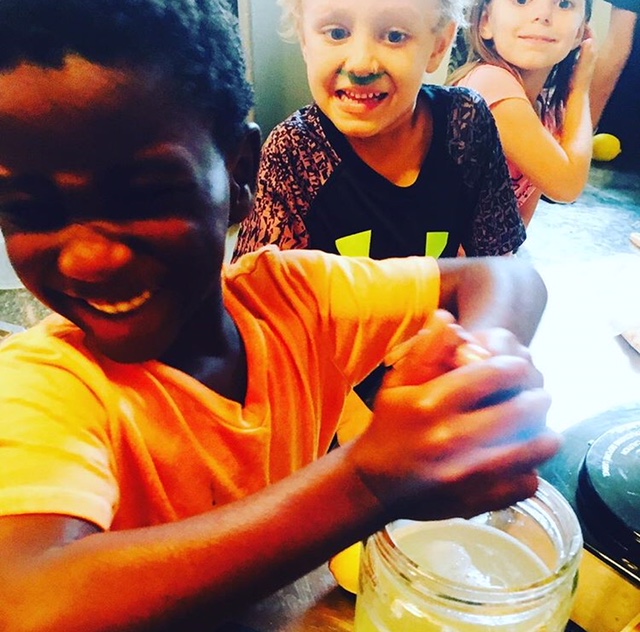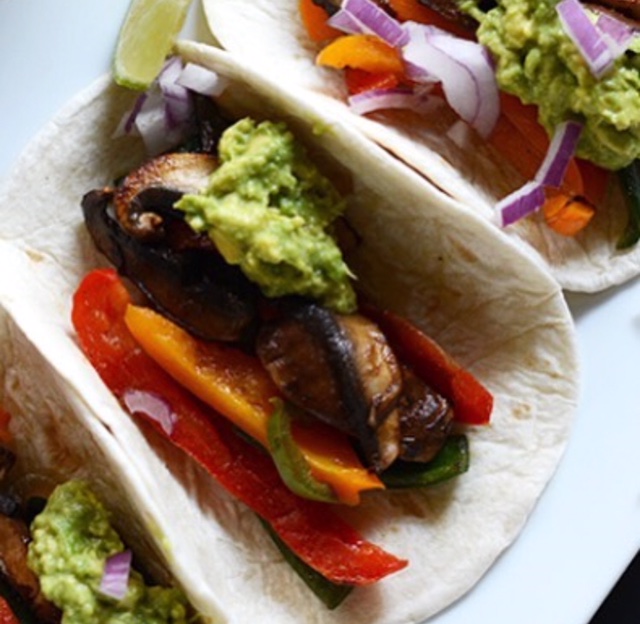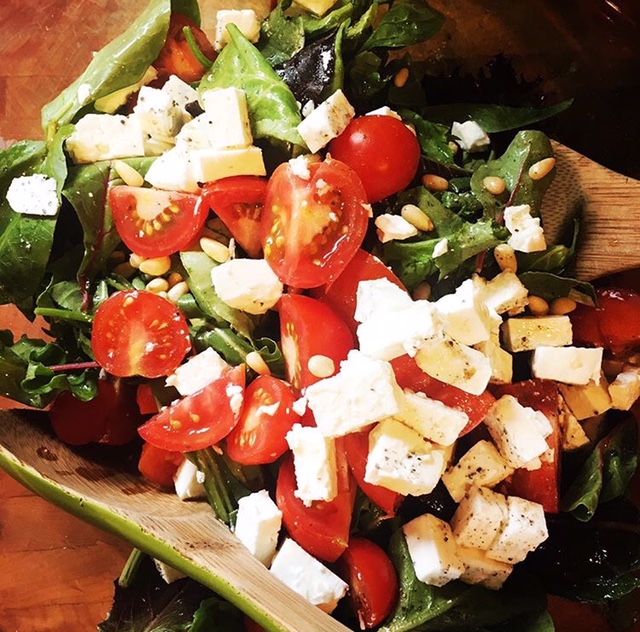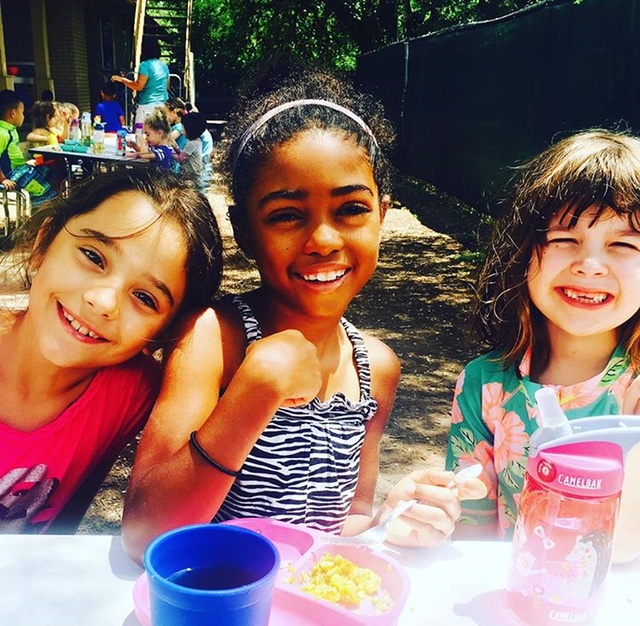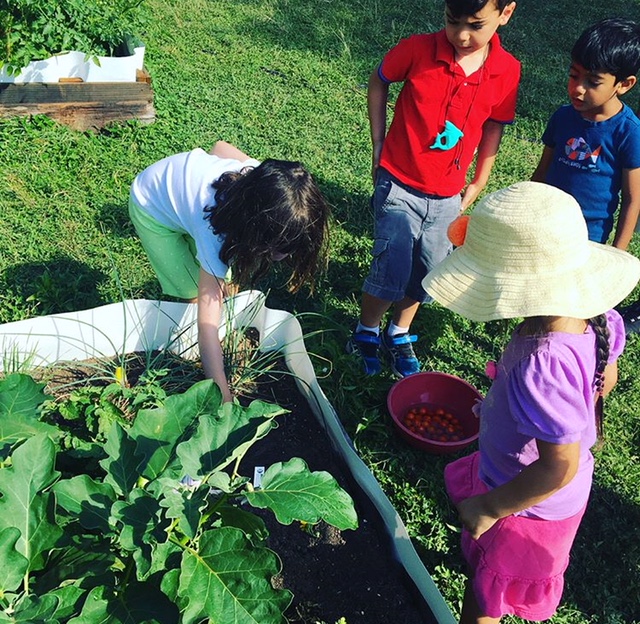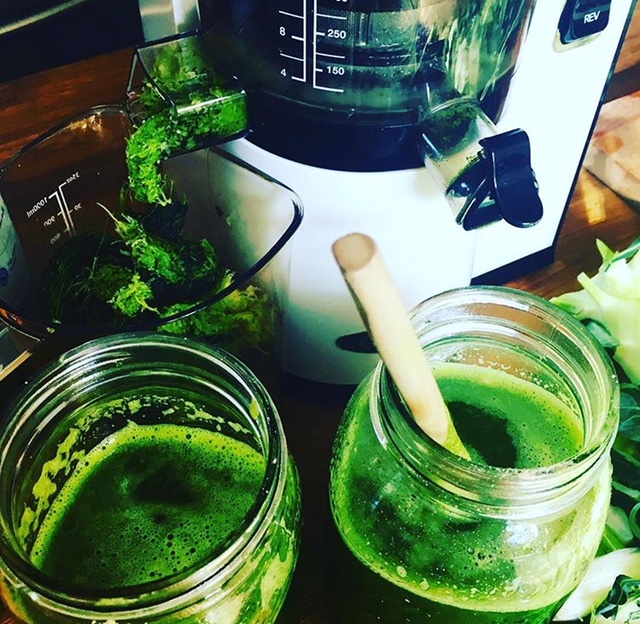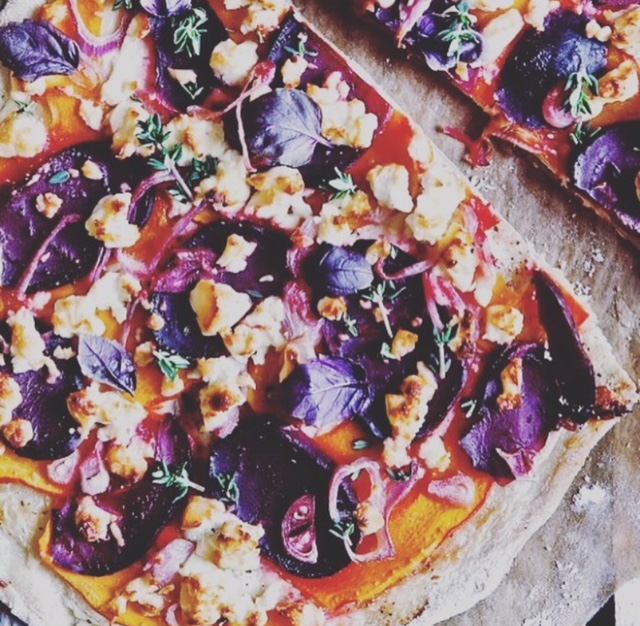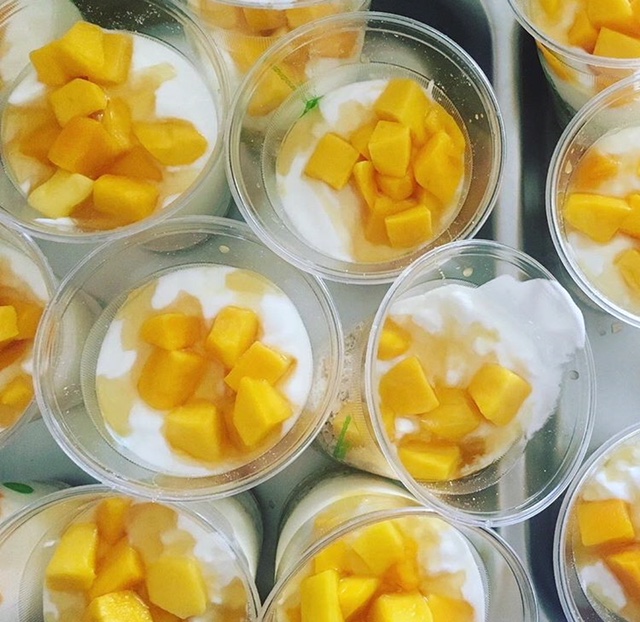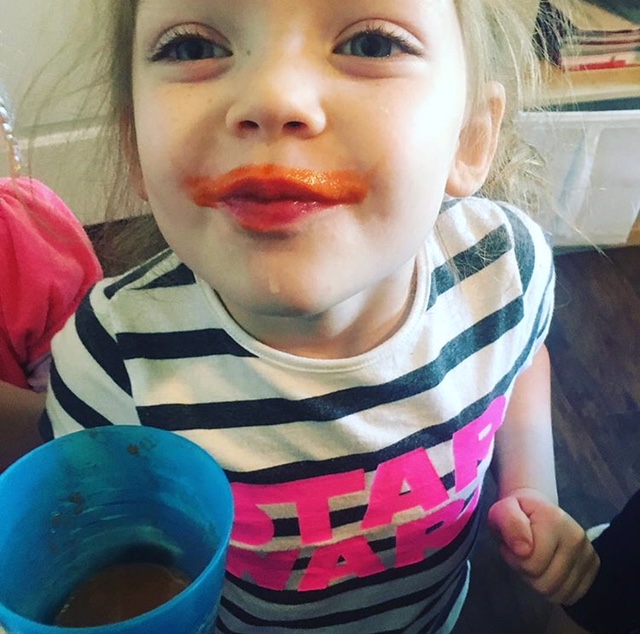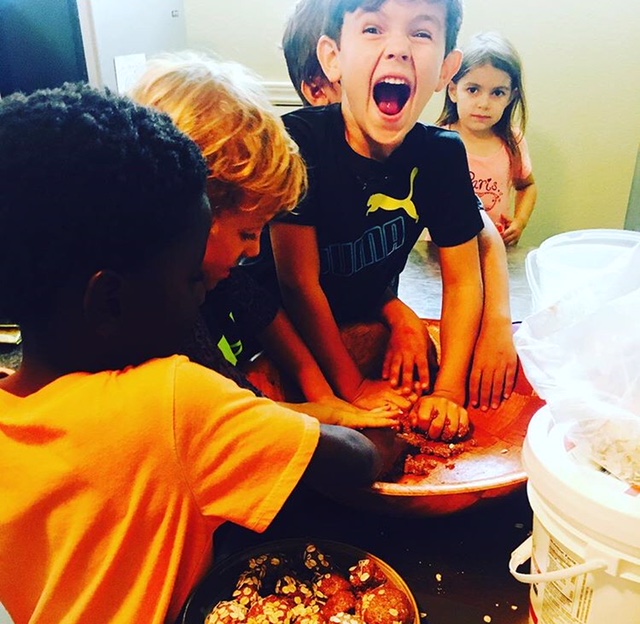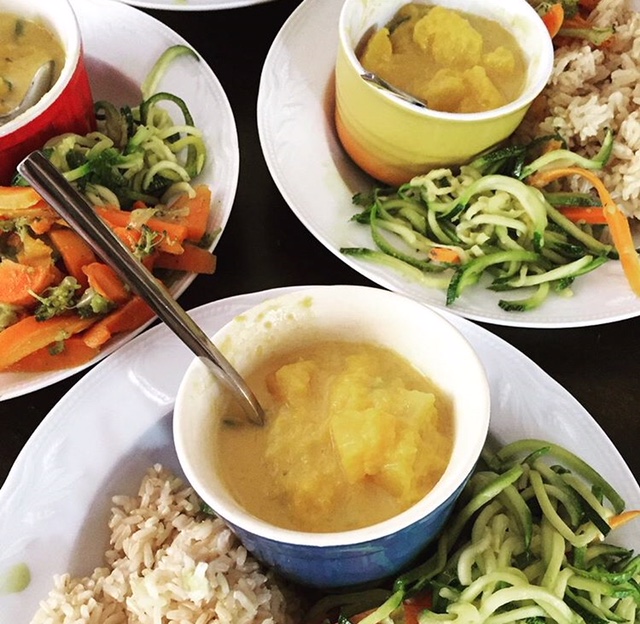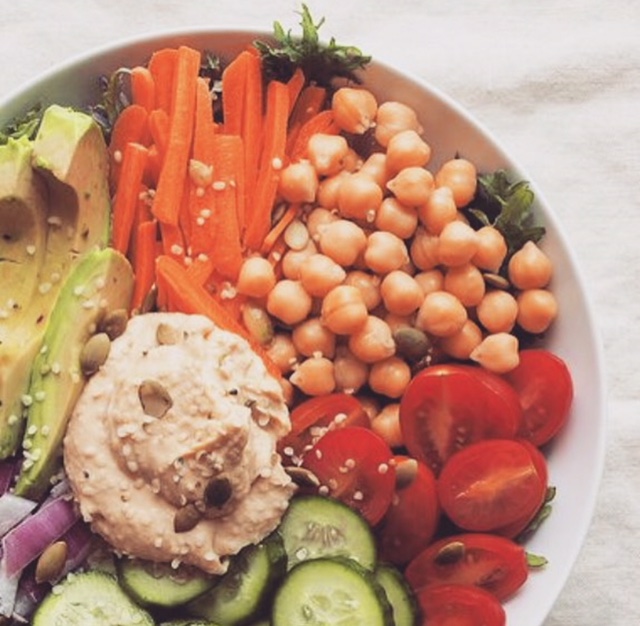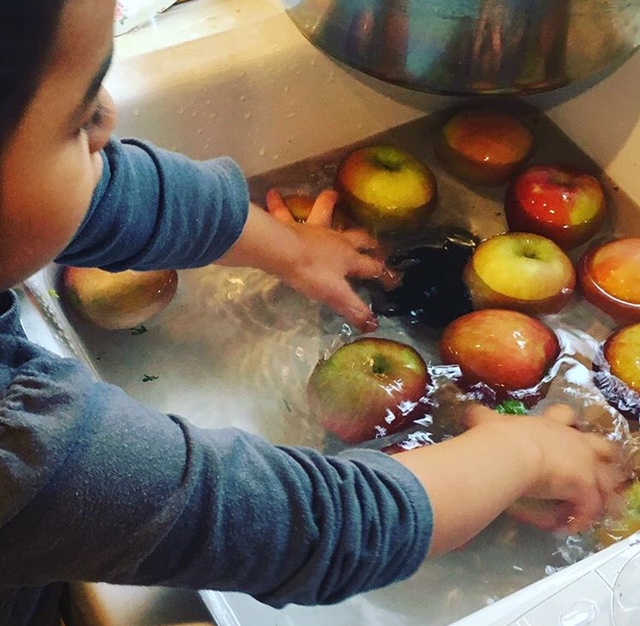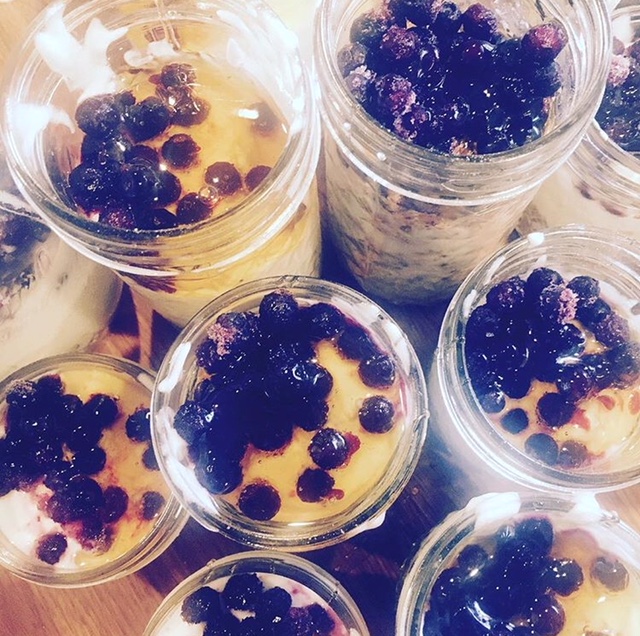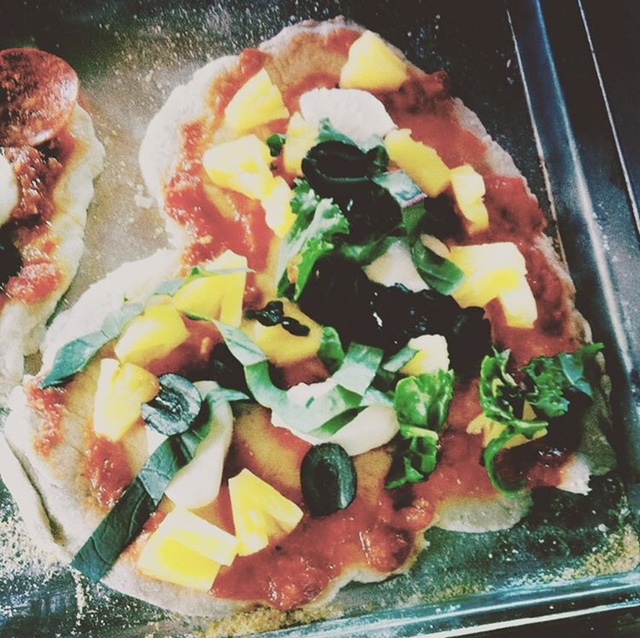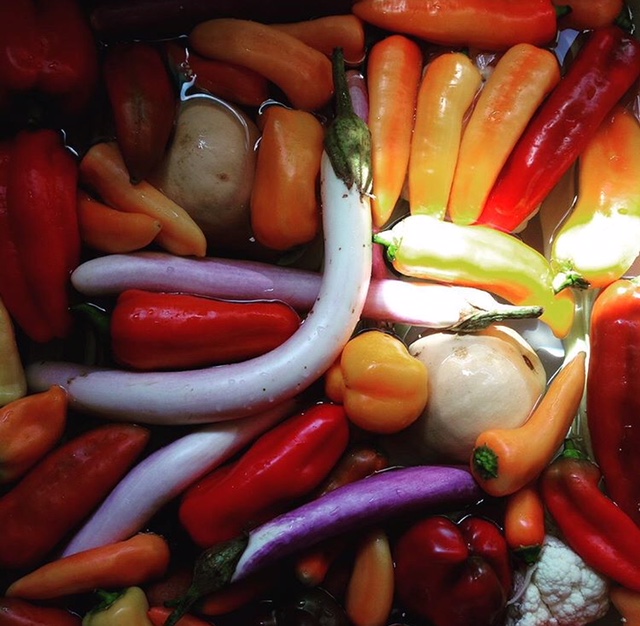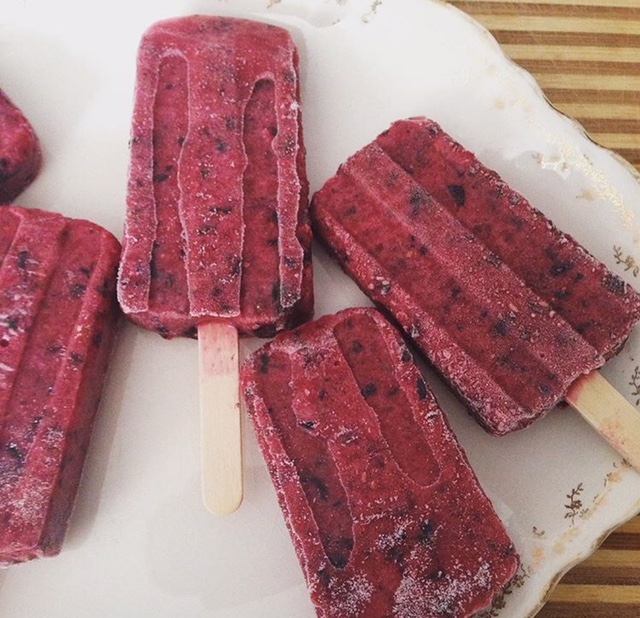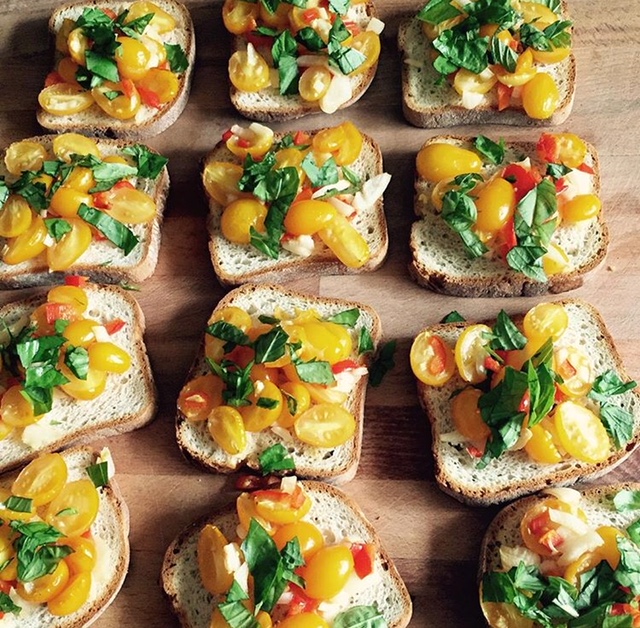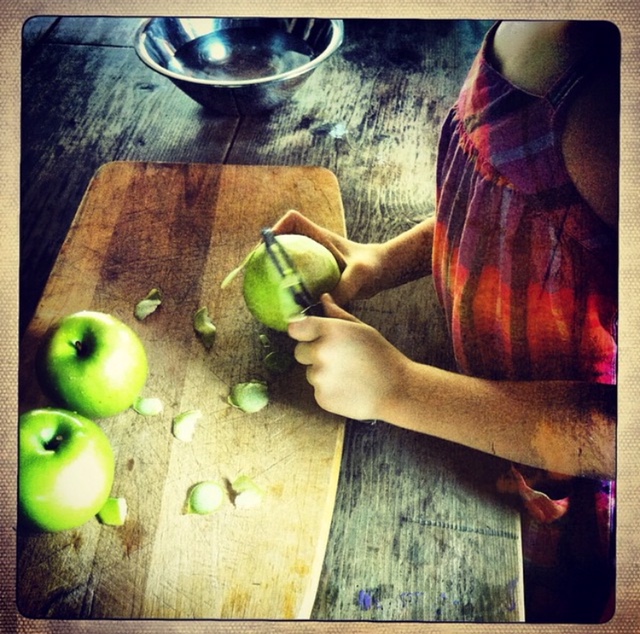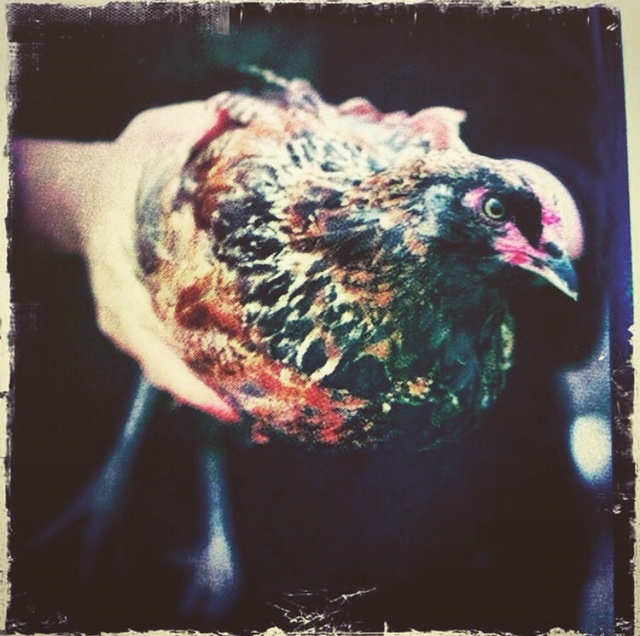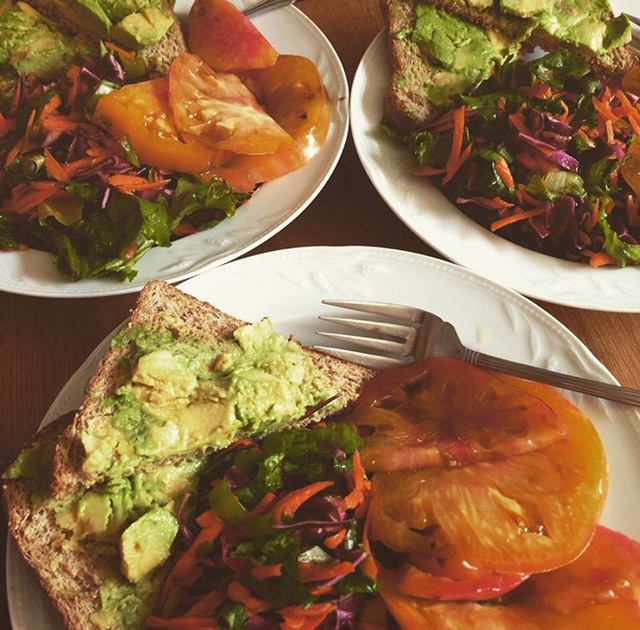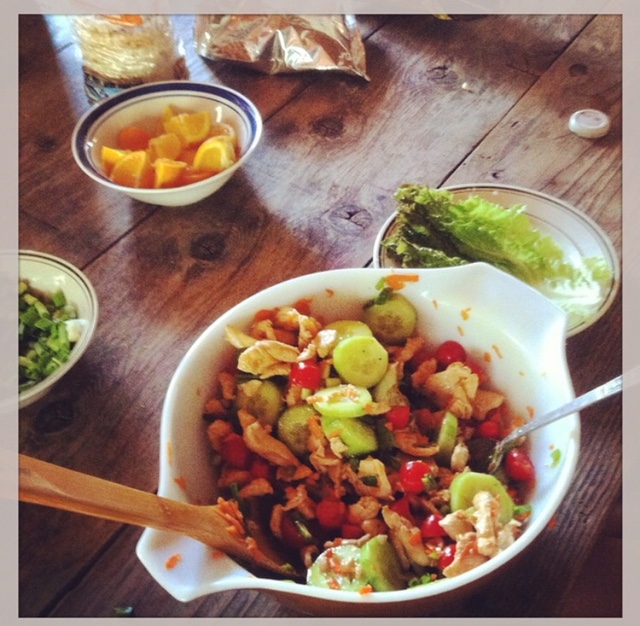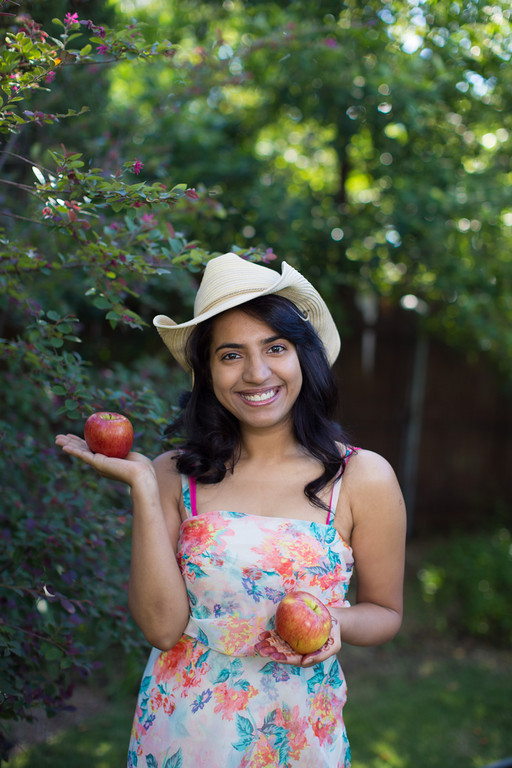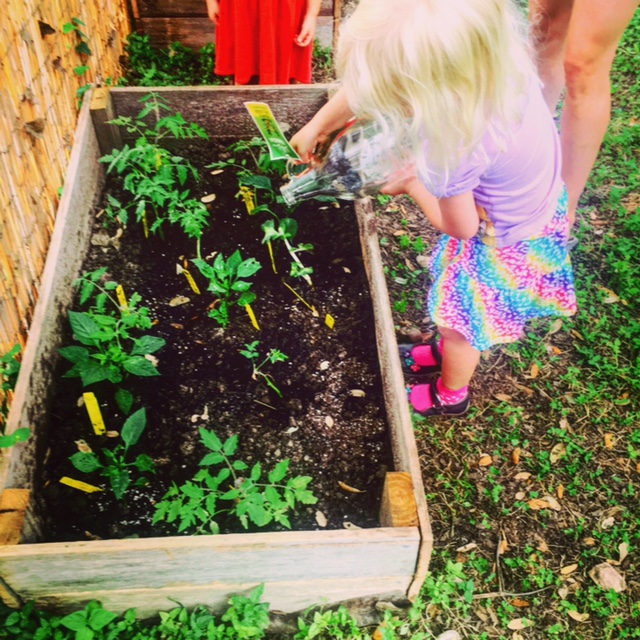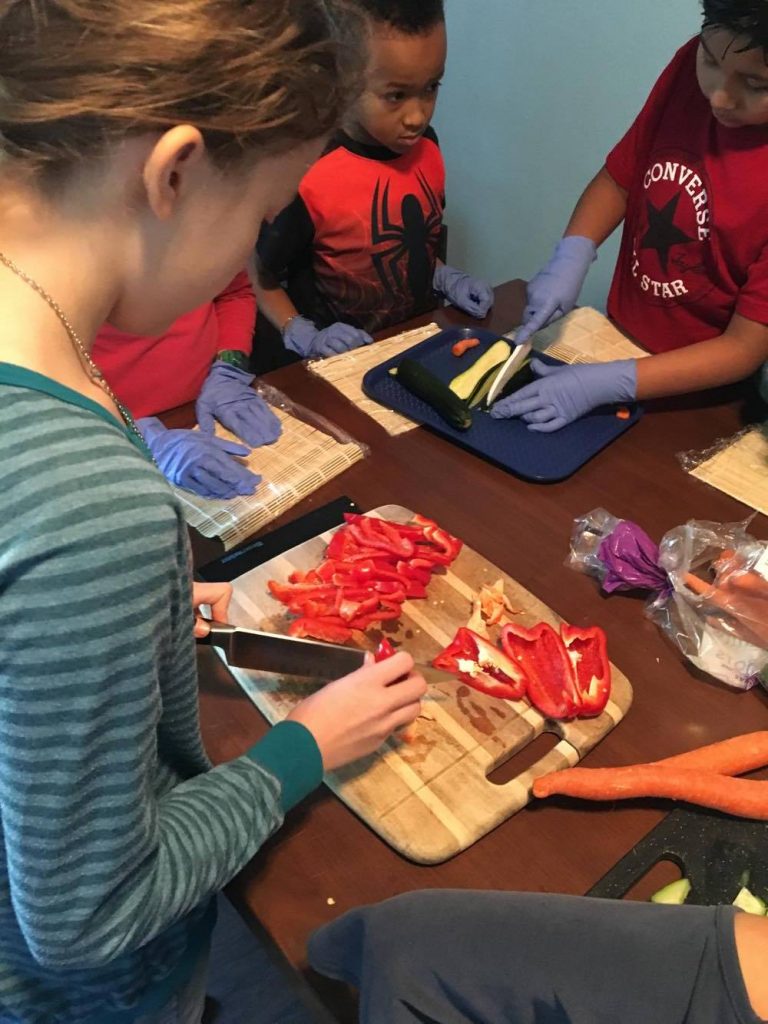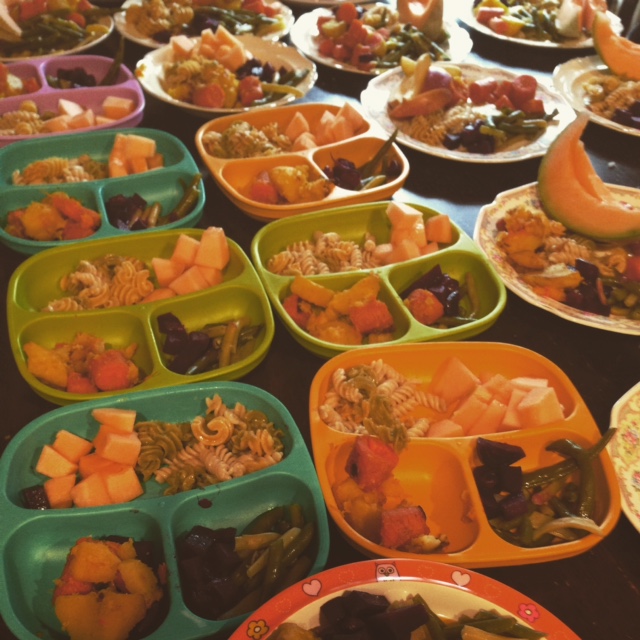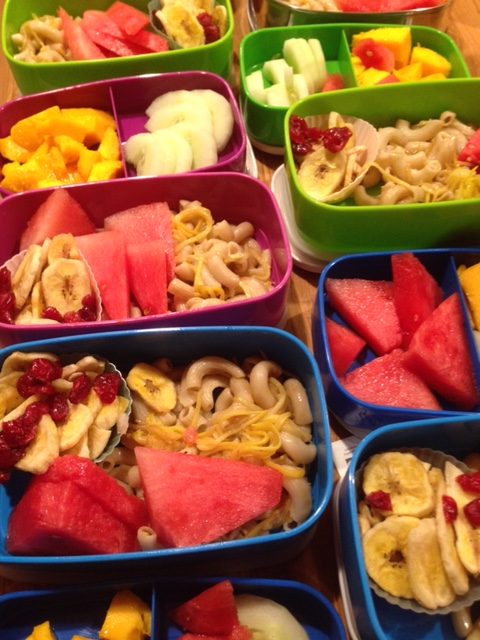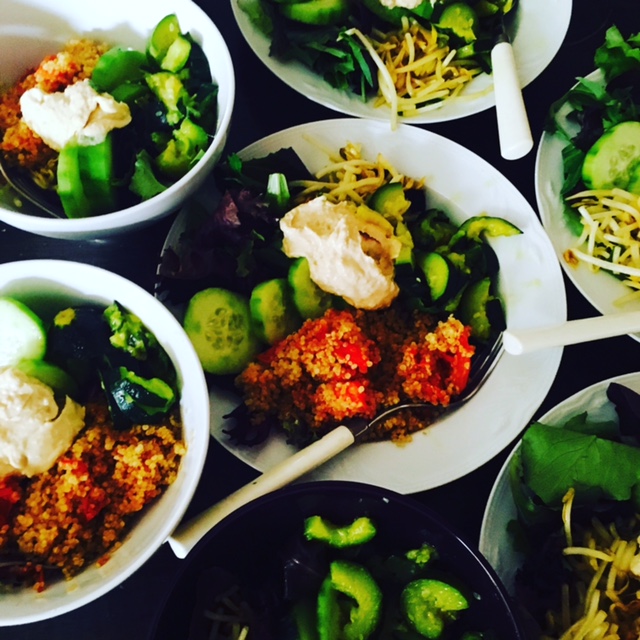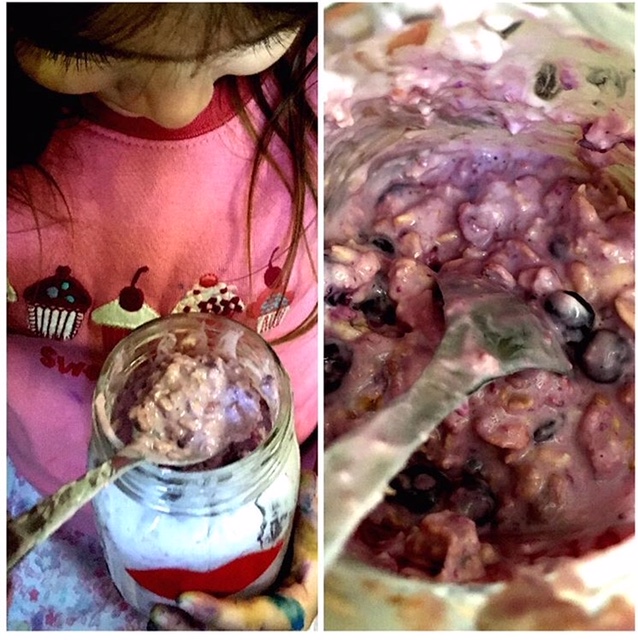About Our Regenerative Food + Farm Model
We are passionate about growing healthy, wholesome food. We share skills and provide educational experiences in permaculture design, pollinator conservation, rainwater harvesting, organic gardening/botany and earth friendly living in the form of workshops and courses. We offer internships, mentor minority youth and farmers, and bring skilled teachers from Austin and from around the world with expertise in creating beautiful and sustainable living systems. By empowering and teaching youth to co-create Eco-solutions and connect with sustainable farm practices, our edible and living classroom curriculum connects to foster entrepreneurial skills and valuable skills for life.
Wholesome Generation offers healthy and clean meals, and focuses on raw, vegan, and Ayurvedic principles, and a big proponent of the culinary philosophy that maintains cooking is based on the finest and freshest seasonal ingredients that are produced sustainably and locally. Our Wholesome Generation kitchen advocates for a food economy that is “nourishing, clean, and fair.” We collaborate with a community of local vendors + farmers whose dedication to sustainable agriculture assures our kitchen a weekly supply of fresh and delicious ingredients.
Our teachers engage students in an “eco-gastronomic” curriculum. By actively involving students in all aspects of the food cycle, Wholesome Generation is an education program that instills the knowledge and values needed to build a humane and sustainable future. Our School integrates organic gardening, cooking, and sharing meals and snacks into the core curriculum. We use food traditions to teach, nurture, and empower all students.
The following principles are used for menu planning guidelines:
- Appropriate portion sizes for each required meal component set by U.S. Department of Agriculture guidelines of the Child and Adult Care Food Program.
- Consideration of students food allergies and special needs.
- Local, seasonal, and sustainable produce.
- Collaboration with the curriculum and planning of the Wholesome Generation teaching staff and students.
- Guidelines and menu ideas from farmtopreschool.org.
- Using Alice Water’s Edible Schoolyard Project as a model.
- Recipes, experiences, and thoughts from “The Languages of Food”, by Reggio Children, “The Art of Simple Food” and ” Edible Schoolyard”, by Alice Waters.
- Ideas and recipes from local farm-to-table chefs and farmers.
Some of the ways in which we involve our students in food preparation, learning, and enjoyment:
- Engage the senses: smell the aromas, notice the colors, feel, compare & contrast textures
- Discuss presentation
- Discuss seasonality
- Cultivating, planting, harvesting
- Prepare ingredients, organize components of a recipe
- Practice safe and healthy food preparation habits
- Combine ingredients together
- Add spices to taste
- Set the table together, present the dish
- Practice closure of a meal by cleaning up and practicing gratitude and reflecting on the food
- And so much more — the combination of possibilities are endless!
Our Reggio-inspired mobile culinary classroom is a place of symbolic and cultural significance, expressing care, attention to our community, and the value of differences in customs and traditions. Our kitchen is open to students, teachers, and families. Several of our parents volunteer to help the chef in preparation, clean-up, and facilitating student involvement, thus opening the rich, fragrant, and delicate dialogue between children and the kitchen to their families and home kitchens as well.
Our Farm Expansion:
Community Gardens, Educational Greenhouses and a Food Forest next to a natural creek bed, with a pollinator garden and conservation lab; we currently operate a small scale Tonkawa Farmspace, with an Educational Garden ~ added spaces will be hosting expanded primarily year-round educational classes and weekend workshops/tours for the surrounding community and partner Organizations, supporting the program year-round. Food is the new “currency”, and our focus to educate about sustainable farming practices teaches youth and community to feed themselves, without having to rely on systems that are collapsing. Lessons emphasize hands-on activities in garden, kitchen, and outdoor settings, but also include student readings and manipulatives that deepen academic inquiry in related fields, such as science, mathematics, social studies, and language arts. By expanding all our gardens and with it our educational programs, we secure our food model and become a hub for food security and nature education.
Our Regenerative Education Bus Vision:
WHOLESOME GENERATION REGENERATIVE EDUCATION BUS + CULINARY CLASSROOM
At Wholesome Generation, the ‘Food For Life’ approach, is the framework that guides the development of a healthy food culture in our school and community. Our approach is endorsed by the Lead teacher, woven into the school development plan, and nourishes the whole school experience. The approach ensures consistency: what is taught about food and healthy eating in lessons is reflected and reinforced in the daily life of the school, with the outdoor culinary lab and food bus, as well as gardens, becoming our classrooms. WG students are empowered to help guide the process, with the program reaching out beyond the school gates into the wider community and neighborhoods, extending healthy meals and learning experiences to families.
Based on our success at Wholesome Generation, we have developed Food for Life’s ‘whole community approach’ for Early Learning years, Pre-K through High School setting, creative outdoor learning models, and labs. In each of these, the approach involves creative hand’s on learning on our learning farms, in our culinary classrooms and the engagement of the wider community to transform food culture and promote healthy food behaviors. This involves the consistent provision of nutritious, sustainable food and the education and engagement of students, their families and the wider community, to enable and inspire them to eat well and to create affordable access to produce in a neighorbhood where food scarcity is a real problem.
What makes our wholesome generation model so successful, is the implementation of a diversity focused “edible” curriculum, offering culturally inclusive meals and methods, and access to our program via subsidized-care vouchers, or donation-based workshops. Furthermore, our FOOD FOR LIFE bus will extend services and produce to Austin’s most vulnerable and low-income neighborhoods. The wholesome generation approach is an evidence-based intervention that works to change food culture, contributing to community-wide whole systems change, and impacting on education, sustainability, inequalities, communities and health.
November_December Menu 2022 (sample menu)

